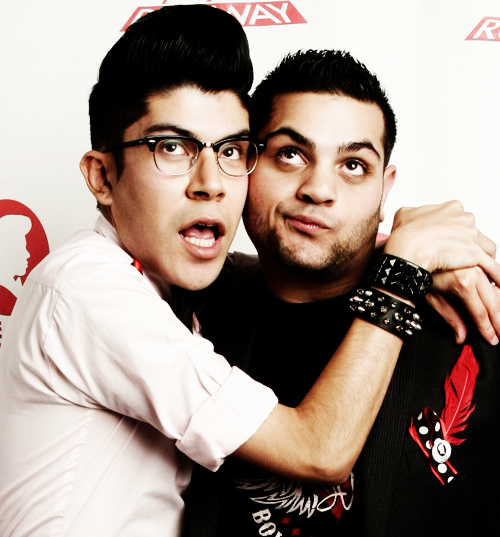Whenever I meet people, I often get asked the question: so where are you originally from? The exchange is usually something like this:
A: So where are you from?
Me: Los Altos. It’s a small town in California.
A (showing total disinterest): No, I mean, where do you come from?
Me: Los Altos?
A (impatiently): No, I mean, where are you originally from?
Oh, how frustrating! Does it really matter that my great-grandfather was a chain-store owner whose warehouses were bombed by the Japanese in World War II? But this, rather than my stories about the sleepy Californian town of Los Altos, is what seems to interest most people that ask me the Question. It's never enough to be from the Bay Area, or California - I always have to dig deeply into my roots and expose them in order to pacify the curious individuals that ask me the Question. This is probably a common experience for many people on this blog, especially those that physically appear “ethnic” and therefore somehow less “American”.
A couple days ago, I came across Michele Serros’s “How to be a chicana role model”, where she describes an incident in which she, tired of being asked the question “Where are you really from?” over and over again, actually turns the tables and persistently questions a Caucasian stranger about his origins in the following exchange:
“Me: And where are you from?
El Other: From here.
Me: Oh…the Midwest?
El Other: No, I’m from here. You know.
Me: What do you mean, here?
El Other: I mean, I’m from here, here.
Me: Oh, I just meant originally. You look like…I don’t know – different?
El Other: What?
Me: Oh, never mind.
El Other: Different? Different as in how? That’s the weirdest thing I’ve ever heard! No one has ever said I looked like I was from somewhere else! I’m American – American, from here, here!”
It’s interesting that El Other in Serros’s text becomes perplexed and deeply upset when Serros snubs him in such a manner; his reaction reflects the obvious racism embedded in the common greeting: So where are you really from? I’m assuming that many people don’t realize the racism in such a question – after all, I don’t think they’d ask that question so readily and frequently if they realized its inherent racism. But the offense that El Other, an unaccented Caucasian, takes to Serros’s question reveals the double racial standards that are associated with that question.
This is my opinion: It might seem perfectly normal, even expected, for someone who is unaccented and lacking any particular ethnic physical features, that is someone who appears physically and generically “American” to ask and individual from a minority group this question after all, this is the expected social order, no? However, when a person of color asks this questions in return, it’s as if their actions have usurped the acceptable social order – that individuals is seen an outsider/visitor/intruder is daring to question the origins of a “true American”. What do you all think?








